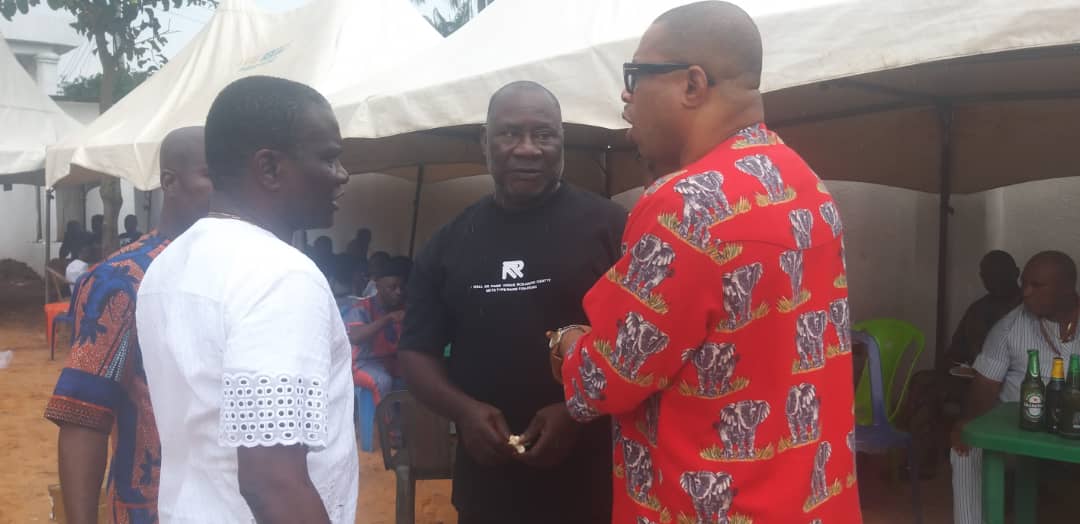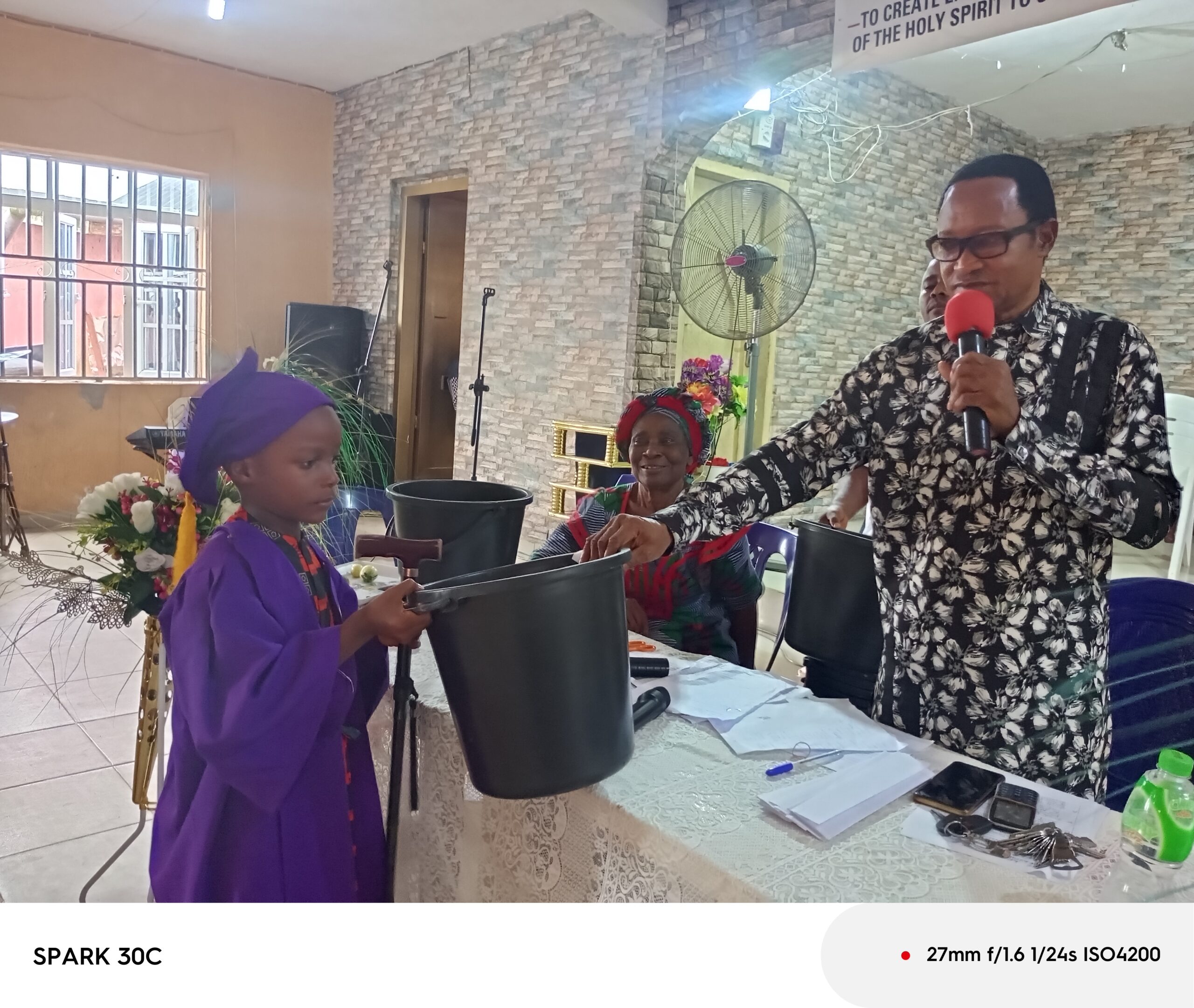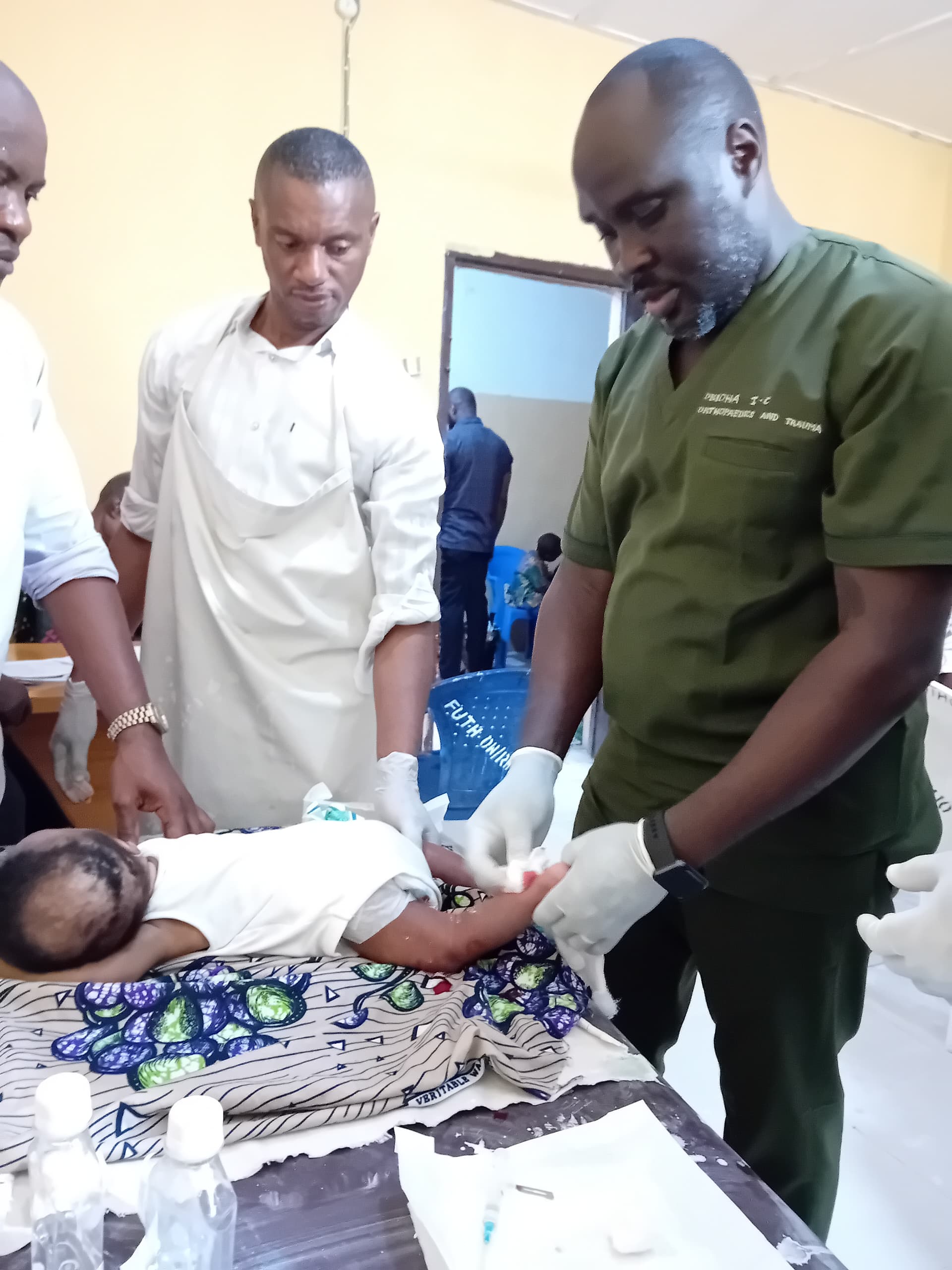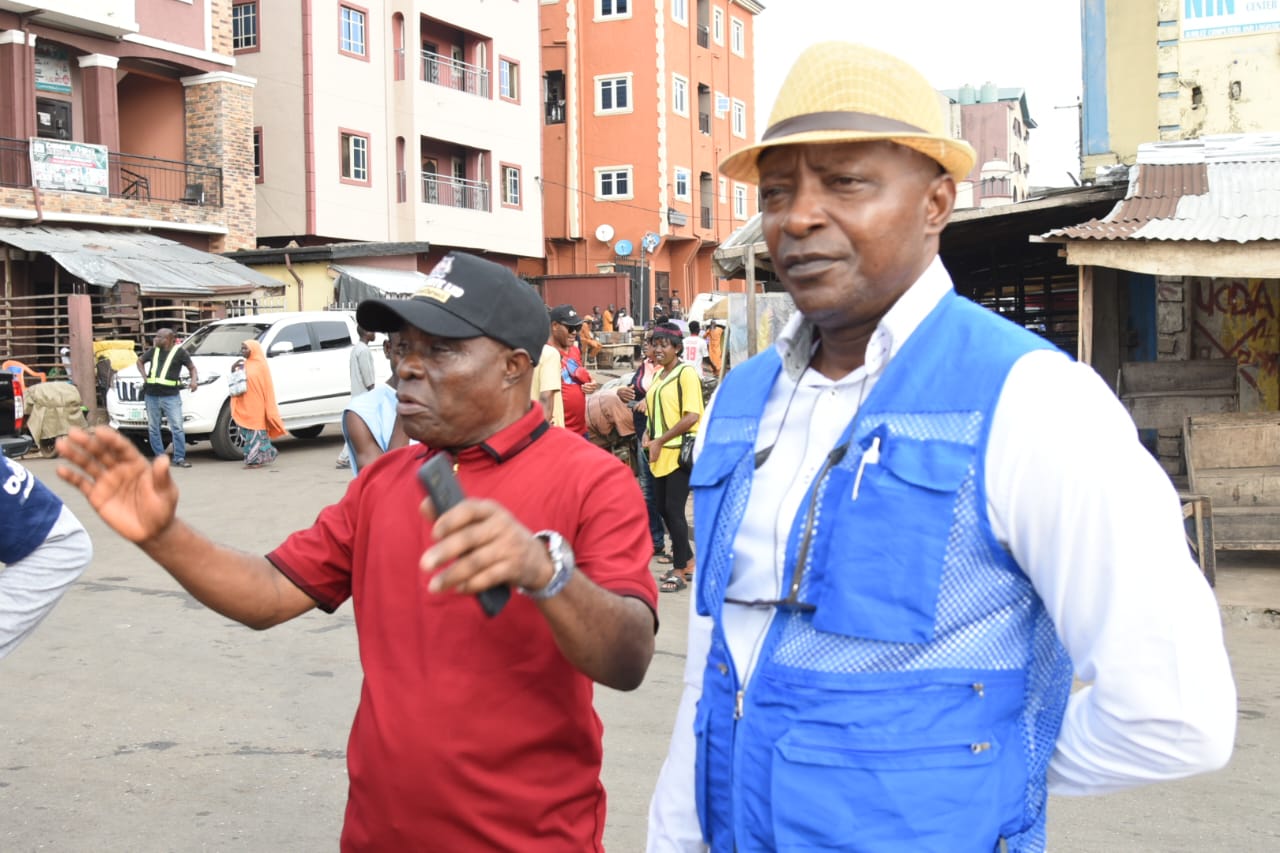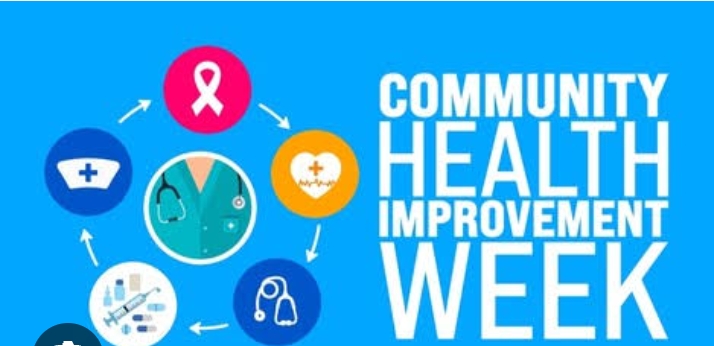
From TCNEWS
As Community Health Improvement Week kicks off globally from June 9 to June 13, local leaders in Nigeria are calling for stronger grassroots involvement and government support to address persistent public health challenges.
Engr. James Nnadozie Uchegbuo, President General of the Ahuwa-Oboro Autonomous Community in Ikwuano Local Government Area of Abia State, emphasized the importance of this annual observance in a statement to our correspondent in Umuahia.
Uchegbuo highlighted the week as a crucial opportunity for Nigerian communities to reassess their healthcare delivery systems, promote wellness, and strengthen collaboration among health stakeholders.
“This week is more than a celebration. It is a call to action for communities, health professionals, and government at all levels to work together in improving public health outcomes,” Uchegbuo stated.
Observed annually in the first full week of June, Community Health Improvement Week was established by the Association for Community Health Improvement (ACHI). It shines a spotlight on the roles of hospitals, nonprofits, volunteers, and professionals who work collaboratively to address health disparities and enhance wellness at the local level. Activities range from wellness fairs and screenings to fitness events and educational campaigns.
In Nigeria, where rural and semi-urban communities often grapple with limited access to healthcare services, the significance of this week cannot be overstated.
Uchegbuo stressed that sustainable community health depends on a synergy between traditional leadership, civil society, and government interventions.
“In Ahuwa-Oboro, we have launched grassroots sensitization campaigns, hosted free medical outreaches, and partnered with local clinics to improve maternal and child health,” he said.
He revealed that under his leadership, the community has conducted quarterly health drives, awareness workshops, and has advocated for mobile clinic access in underserved zones. These efforts, he said, are driven by the community’s resolve to bridge the health equity gap.
Uchegbuo also commended President Bola Ahmed Tinubu’s administration for ongoing federal efforts to strengthen primary healthcare infrastructure. He referenced the renewed focus on the Basic Health Care Provision Fund (BHCPF) and Nigeria’s Universal Health Coverage roadmap as steps in the right direction.
At the state level, he praised Governor Alex Otti of Abia State for his administration’s investment in health facility renovations, deployment of medical personnel to rural areas, and the establishment of partnerships with international health NGOs to deliver immunization and health education campaigns.
“Governor Otti’s health-focused budget and emphasis on health insurance access for vulnerable groups demonstrate real leadership. These are the kinds of actions that communities like ours depend on,” Uchegbuo noted.
Uchegbuo called on both public and private stakeholders to seize the momentum of Community Health Improvement Week by prioritizing preventive care, health education, and infrastructure development.
“Health is the foundation of development. We cannot build thriving communities without investing in the well-being of our people,” he said.
He urged the Nigerian government to expand community-based health insurance schemes, improve logistics for medical supplies, and fund local training programs for health workers.
Furthermore, he called on fellow community leaders across Nigeria to organize local initiatives such as health fairs, nutrition workshops, and clean water campaigns during the week and beyond.

As Community Health Improvement Week 2025 continues, leaders like Engr. Uchegbuo remind Nigerians that health is everyone’s business. The success of any public health strategy rests not just on policy but on active participation from the grassroots. In a country as diverse and dynamic as Nigeria, collective community engagement may well be the most powerful medicine.


